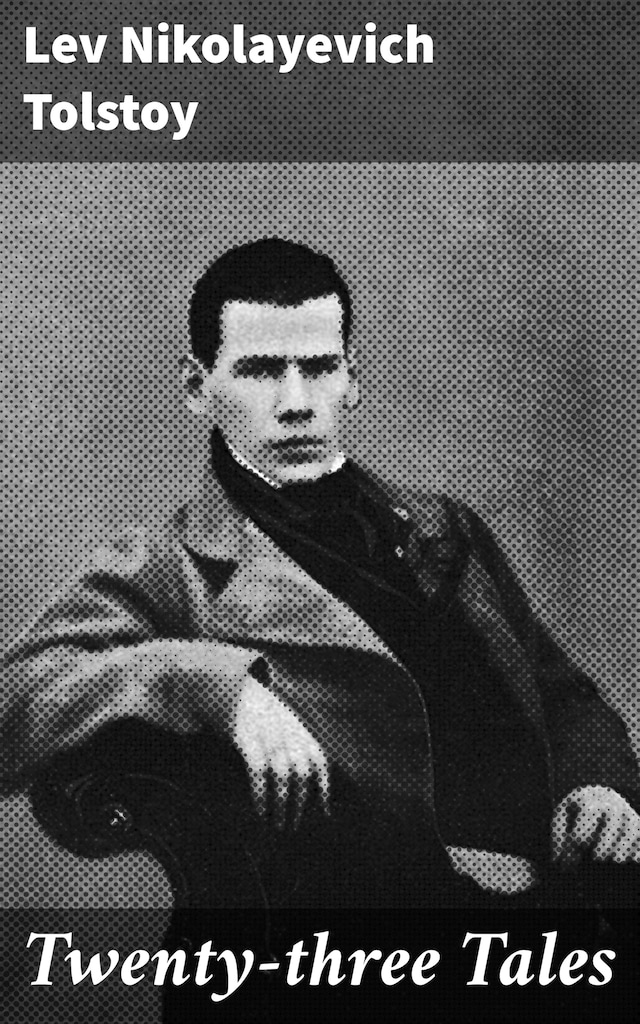
Twenty-three Tales
Exploring Moral Complexity in Short Stories
Description of book
In "Twenty-three Tales," Lev Nikolayevich Tolstoy presents a captivating collection that encapsulates the profound moral and philosophical inquiries characteristic of his oeuvre. Through a series of concise narratives, Tolstoy employs simple yet evocative prose to explore themes of love, faith, and the human condition, reflecting his deep engagement with spirituality and social justice. Written in the later years of his life, these tales are deceptively accessible, inviting readers into reflections on the complexities of existence with a blend of realism and allegory, consistent with the literary traditions of moral storytelling popular in 19th-century Russia. Lev Nikolayevich Tolstoy, renowned for his monumental works such as "War and Peace" and "Anna Karenina," was not only a literary giant but a fervent seeker of truth, following a profound spiritual crisis that led him to interrogate the foundations of his beliefs. His dedication to social reform and the ethical implications of personal actions are palpable throughout this collection. Tolstoy's experiences as a soldier and landowner, alongside his deep immersion in Russian Orthodoxy, significantly shaped the moral framework he presents in these tales. "Twenty-three Tales" is highly recommended for readers seeking a nuanced exploration of moral dilemmas and the search for meaning in everyday life. Tolstoy's ability to weave poignant lessons into succinct narratives allows for both profound contemplation and an engaging reading experience. Whether one is familiar with his larger works or encountering his wisdom for the first time, this collection serves as an indispensable glimpse into the heart of one of literature's most influential figures.
 Lev Nikolayevich Tolstoy
Lev Nikolayevich Tolstoy 324 Pages
324 Pages